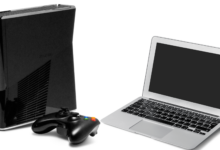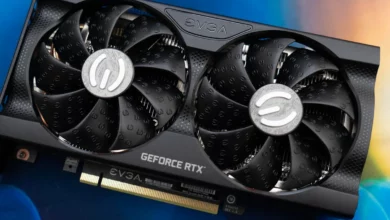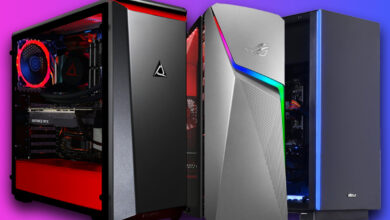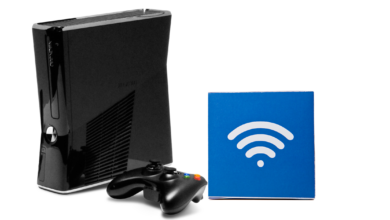What is a GPU Stress Test?

GPU stress testing is a valuable tool that developers can use to check the stability of their applications under heavy load. By exposing an application to extreme conditions, GPU stress testing can help identify errors and potential issues before they cause instability or system crashes. This article will explore the basics of how a GPU stress test works, as well as some popular tools and techniques that developers can use to generate intense loads on their applications.
What is a GPU stress test?
GPU stress testing is a technique used to test the durability and performance of graphics processing units (GPUs). By running repeated computational tasks that tax a GPU, you can identify any issues before they cause significant degradation in performance.
A GPU stress test can be used to:
- Identify potential problems with the graphics card itself.
- Determine how well the card handles intense graphics workloads.
- Check for stability issues.
- Evaluate the card’s overclocking potential.
There are several different types of GPU stress tests, but all of them share a common goal: to put a heavy load on the GPU so that any issues can be detected early on. Some common types of tests include: FurMark, 3DMark Fire Strike, Unigine Valley, and The Witcher 3.
How does GPU Stress work?
GPUs (graphics processing units) are special chips that are designed to help computers render images and videos quickly. They’re also used for other tasks like physics simulation and Deep Learning.
When you launch a graphics-intensive application, your computer sends a request to the GPU. The GPU then starts working on the task at hand, using the powerful processing power of the GPU to speed up the process.
However, if you’re experiencing any issues with your computer, one of the first places to check is your GPU. By running a GPU stress test, you can determine if there’s an issue with your graphics hardware that requires attention.
What are the benefits of a GPU stress test?
GPU stress tests are a great way to improve your computer’s overall performance. Here are just a few of the benefits:
- GPU stress tests can help you identify and fix problems with your graphics card.
- GPU stress tests can identify and fix problems with your computer’s operating system.
- GPU stress tests can help you find and fix problems with your computer’s hardware.
You may also like;
- How to setup a gaming house
- What are the best 4k Gaming Laptops
- What are PS4 HDMI Cables
- What is the Enderman language?
- RTX 3060 Ti Features: What You Should Know
Frequently Asked Questions what is a GPU Stress Test
Are GPU stress tests safe?
GPU stress tests are a common way to test graphics cards. Yes it is safe to stress test your GPU but not every time.
What does stress testing a PC do?
A GPU stress test is a powerful way to check the health and performance of your graphics card. By running different types of graphics-intensive tests, you can determine if your card is underperforming or experiencing an issue.
How long should I stress test GPU?
There are some general guidelines that can be followed. For example, if you are testing any GPU, you may want to run the test for a shorter period of time like 30 minutes. Ultimately, the goal is to ensure that the GPU is under a heavy workload and that any issues arise during the test will be detected.
Can stress test damage CPU?
GPU stress tests have become increasingly popular in recent years as a means of measuring the performance of graphics hardware. However, this type of testing has been known to cause damage to CPUs as well.
In a GPU stress test, the CPU is typically only used for tasks that don’t require intensive processing power, such as rendering video or running simulations. This can lead to the CPU becoming overloaded and susceptible to damage. In extreme cases, this can even result in a CPU meltdown.
It’s important to take caution when performing GPU stress tests, as overloading your CPU can cause serious issues. If you’re uncertain whether or not a GPU stress test is safe, it’s best to refrain from doing it.
Conclusion
GPU stress testing is the process of simulating a computer graphics workload on a graphics processing unit in order to identify any potential issues. By running tests at different levels of intensity, you can determine which settings or configurations are necessary to allow your GPU to handle the workload without issue. This information is important for ensuring that your gaming experience is smooth and lag-free.






